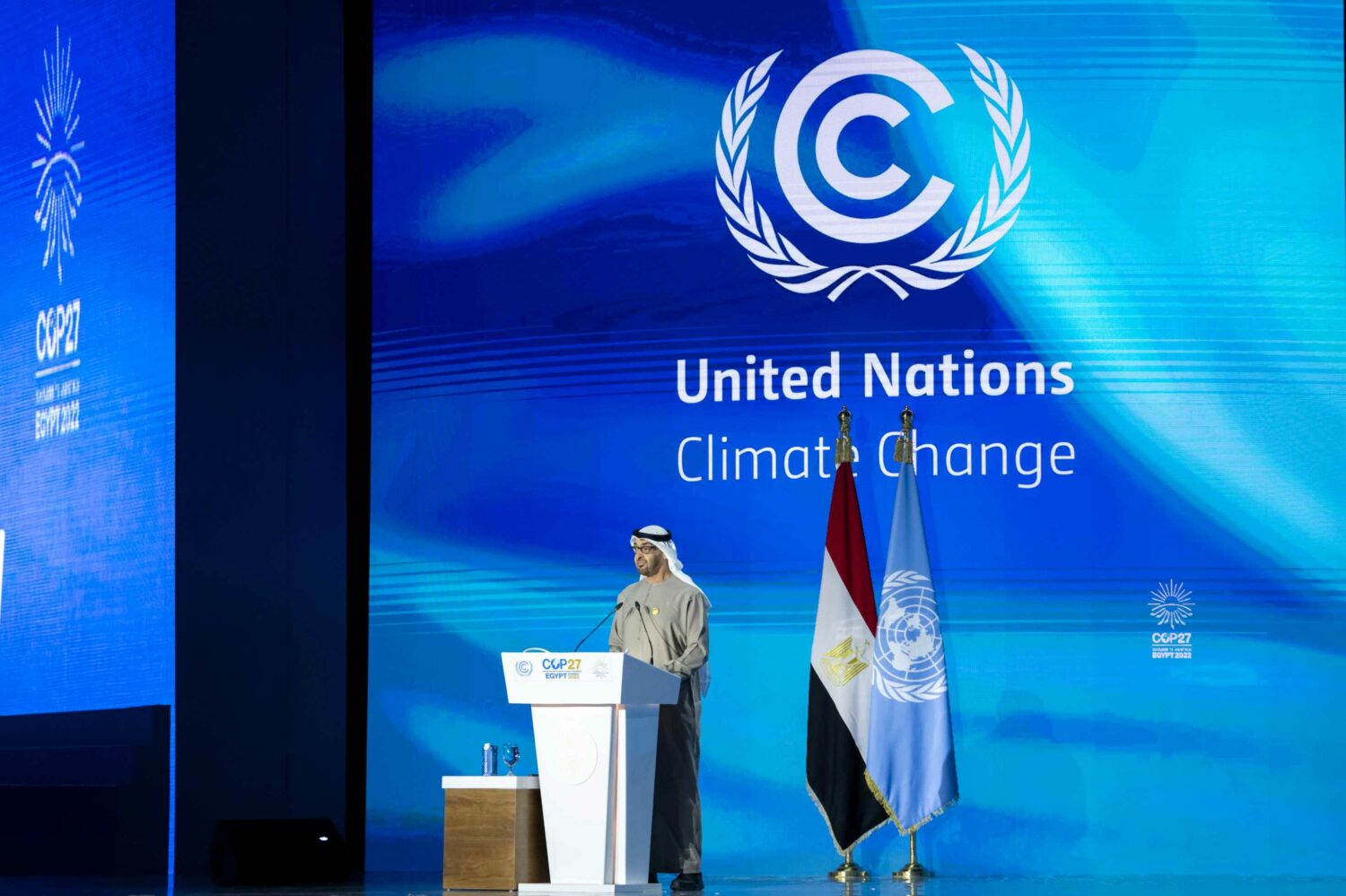Dubai, UAE — As world leaders and climate experts gear up for the COP28 climate summit scheduled to take place in the United Arab Emirates (UAE), the latest data on global climate conditions issues a compelling and urgent call to action, an expert has said.
The National Oceanic and Atmospheric Administration (NOAA) has recently reported the warmest September on record globally, marking the fourth consecutive month of record-warm temperatures.
What’s more, the NOAA warns that the planet’s surface temperature throughout 2023 is on track to become the highest ever recorded, with a staggering 99 percent probability of concluding as the warmest year on record, according to Pedro Gomez, Head, Climate; Member of the Executive Committee, World Economic Forum.
In an article on WEF website, Gomez said that against this alarming backdrop, COP28, set to unfold in the UAE from November 30 to December 12, 2023, has been strategically organized around four overarching themes: Technology and Innovation; Inclusion; Frontline Communities; and Finance.
“These themes collectively aim to address the root causes of climate change and manage the far-reaching impacts of a planet in the throes of warming,” Gomez said.
COP Summits: A Brief Overview
The Conference of the Parties (COP) represents nations that have committed to the UN Framework Convention on Climate Change (UNFCCC), established in 1992. This commitment binds them to collective action aimed at stabilizing greenhouse gas concentrations “at a level that would prevent dangerous anthropogenic (human-induced) interference with the climate system.”
Since then, these parties, or nations, have convened almost annually. The most recent summit, COP27, held in Sharm El-Sheikh in November 2022, witnessed over 100 heads of state and representatives from nearly 200 countries. Key outcomes included an agreement to provide loss and damage funding for countries facing the worst impacts of climate change and a reaffirmation of the 1.5°C target for limiting global temperature rises.
According to Gomez, the five major priorities for COP28 are:
Global Stocktake on Climate Action Progress
As COP28 approaches, the UN Secretary-General has sounded the alarm, stating that the world is “woefully off-track” in meeting the goals set in the Paris Agreement and the 17 UN Sustainable Development Goals. This first global stocktake at COP28 will critically assess the progress made in international climate targets, emphasizing the need for urgent and comprehensive action, Gomez writes.
Speeding the Energy Transition
Reducing carbon emissions from fossil fuels is pivotal for maintaining the 1.5°C target outlined in the Paris Agreement. However, recent data indicates that greenhouse gas emissions are at an all-time high, posing an immediate threat to the Paris Agreement goals. COP28 will focus on accelerating the inclusive and sustainable transition to renewable energy, exploring innovations such as hydrogen fuels and carbon capture technologies. Crucially, discussions will delve into ensuring that the benefits of this energy transition extend equitably to developing nations and minority communities, promoting a just transition.
Putting People at the Heart of Climate Action
The impacts of climate change on human health are already evident globally, with air pollution and water scarcity affecting millions. In an unprecedented move, a full day of the COP28 agenda will be dedicated to initiatives designed to protect lives and livelihoods, enhance community resilience, and address the advancing effects of climate change. High-level discussions will cover health, relief, recovery, and peace, with a special focus on conflict-ridden regions where climate mitigation and adaptation are particularly challenging.
Climate Finance and the Impact of Global Trade
Historically, global trade has been a significant contributor to greenhouse gas emissions. COP28’s Trade Day will explore the potential of trade to reduce emissions across the value chain and promote markets for climate-friendly products. Ensuring equitable financing for climate action and adaptation is crucial, particularly for developing countries disproportionately impacted by the climate crisis. COP28 will dedicate a day to climate finance, aiming to ensure affordable sustainable development finance is accessible to all stakeholders.
Broader Leadership on Climate Change
Recognizing the critical role of local leaders in implementing climate policy, COP28 will host the Local Climate Action Summit. This summit will bring together mayors, governors, business leaders, and NGOs, emphasizing the pivotal role of sub-national leaders in achieving climate goals. The focus will be on accelerating climate action at the city and regional levels, with an acknowledgment that “cities are where the climate battle will largely be won or lost.”
Looking ahead, climate and environmental risks dominate global risk perception, with the failure to mitigate climate change topping the list in the World Economic Forum’s Global Risk Report 2023.
As COP28 approaches, the world waits to see if the collective efforts of global leaders will translate pledges into meaningful and impactful actions to address the escalating climate crisis, Gomez said. The urgency of the situation, as underscored by the NOAA’s data, adds an extra layer of significance to the outcomes expected from this critical summit.







